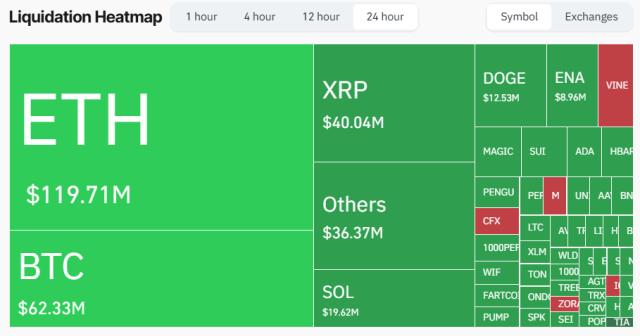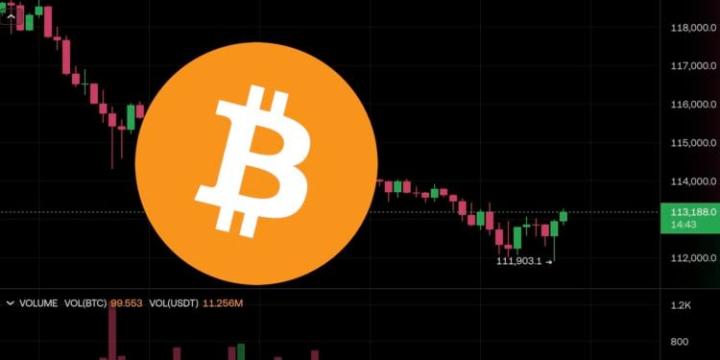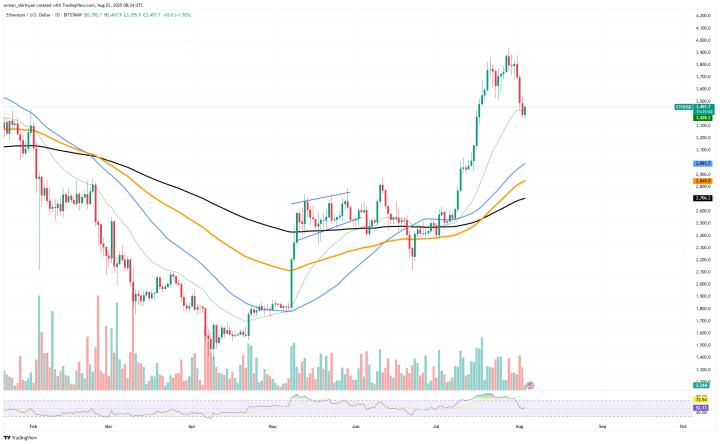Decentralized exchanges, beginning with Uniswap, have been bringing in a new culture of trading around cryptocurrencies. On such platforms, users can change tokens directly amongst themselves without necessarily requiring an intermediary. Smart contracts are used as a means for transparency and also for the elimination of centralized control; however, such platforms have increasingly caught the eyes of governments around the world during the growth phase of the crypto market. In an attempt to safeguard the users and control the nefarious practices, regulation offers a few challenges to the decentralized ethos represented by Uniswap and other similar exchanges. Success for DEX Uniswap has caught the attention of regulators as the users can exchange tokens without performing KYC or AML checks.
For example, the new chatter is how decentralized exchanges adapt to financial legislation. Many are wondering how this will affect the future of protocols like Uniswap. The shift of regulatory landscapes will, in many ways, determine the Uniswap prognose as it creates an overarching influence on user trust and innovation, shaping the platform's market dynamics.
The Benefits of Regulation
Regulation is the critical factor upon which, if prudent, legitimacy will be bestowed on the crypto industry, to which this category-the DEXs-would not be immune. Regulation can reduce scams, boost investor confidence, and protect users from losing their funds on fraudulent projects. For Uniswap, compliance with relevant regulations may further pave the way for institutional adoption, which may further increase its user base and trading volumes.
Furthermore, clear regulatory guidelines can stimulate further innovation. Not only that it would set a clear rule and requirement to the developers but also to projects building upon the Uniswap protocol but also reputation-persumably it could motivate developers to improve its security and convenience feature.
Challenges of Regulation
On the contrary, overly complicated or poorly designed rules could actually choke innovation and access to Uniswap-style platforms. Imposition of KYC and AML can go against the principle of decentralization, where freedom and anonymity to financial access is given to the people. Tough rules will force developers and projects to shop around in lightly regulated jurisdictions and reduce the attractiveness of DEXs in larger markets.
Looking Ahead
The future of decentralized exchanges like Uniswap depends upon finding an equilibrium of innovation and compliance. Regulation will undoubtedly usher in numerous limits, but it will also bring about a safer and more trustworthy environment for users. Therefore, for Uniswap to thrive, it must keep updating itself according to the changing landscape of regulations while not compromising on its decentralized ethos—a challenge that will shape the path of the platform in the coming years.






